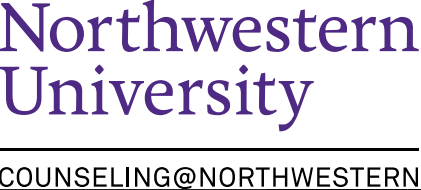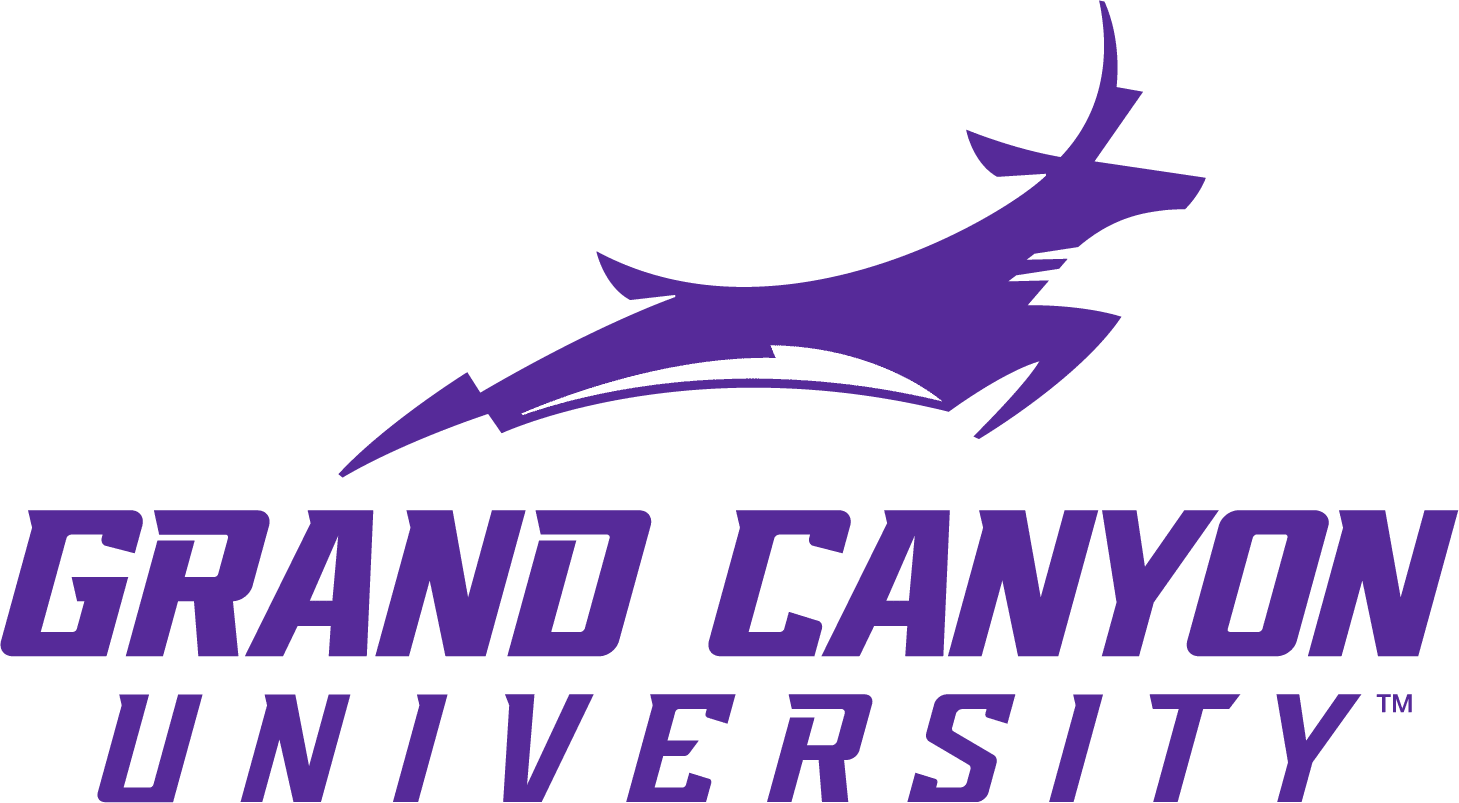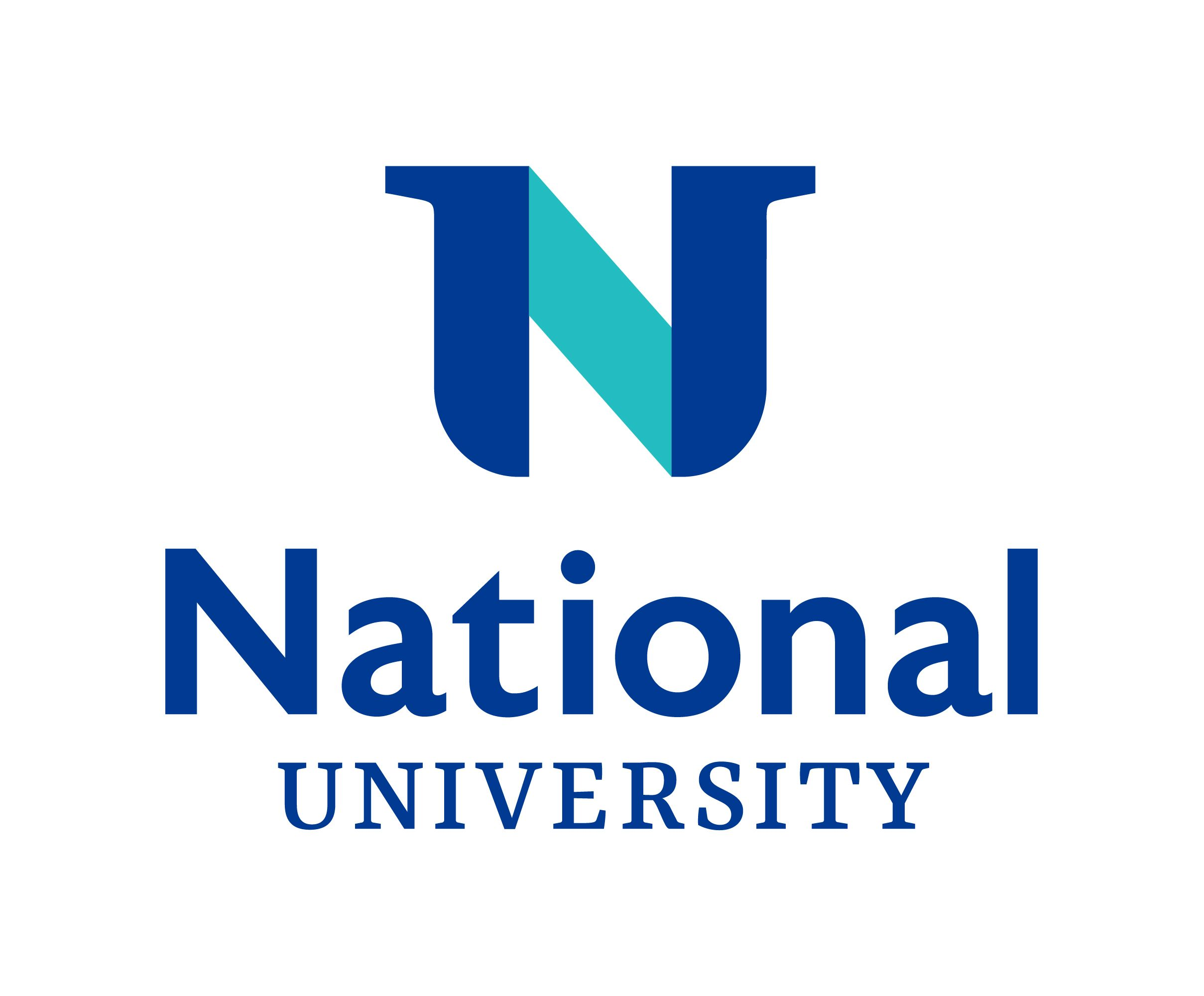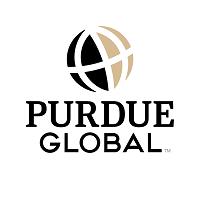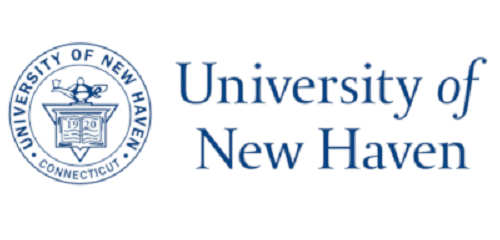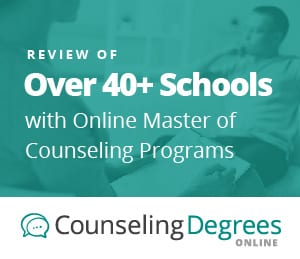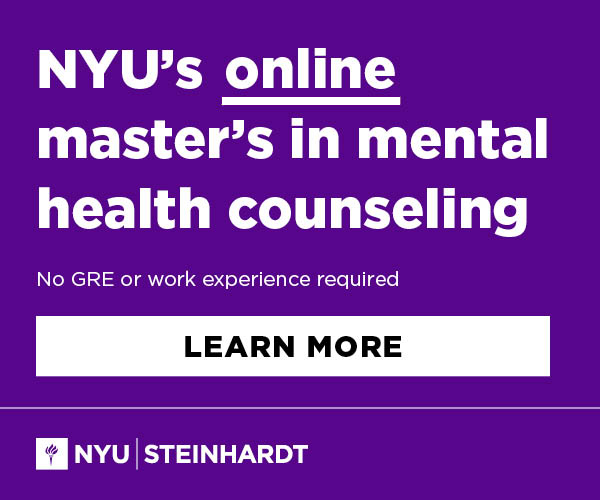In general, becoming certified as a MAC means that the professional has obtained the National Certified Counselor (NCC) accreditation. This gives an ability to obtain a specialized certification, such as the MAC, and increase employment opportunity when licensed in a specific state. There are numerous benefits received through the NBCC when holding these certifications, such as free continuous education and professional liability insurance.
What Does It Take To Get This Certification?
In order to receive the MAC, applicants must have already obtained licensure to be a NCC. This requires the completion of a Master's degree from a regionally accredited institution and six semester credit hours worth of field experience or equivalent. Coursework must consist of nine specific categories, including Human Growth and Development Theories in Counseling, Career Counseling and Lifestyle Development, and Professional Orientation to Counseling.
Additional requirements for an NCC licensure include registering over 3,000 hours of total work experience after graduation, receive endorsement from a professional that is separate from the supervisor, and pass the national examination. This exam is offered in April and October each year. Maintaining this degree requires the completion of a continuing education audit if applicable, and commitment to the ethical policies set by the NBCC.
There are additional educational requirements for the MAC, including graduate coursework in addictions counseling and group counseling. There is an additional exam specifically for the MAC, which offering is variable based on where the applicant is located. There is an ability to take the test up to three times per year, but each attempt requires the full exam fee.
Why obtain the MAC certification when it is optional? This is one of the highest credentials to receive in the field when it comes to helping those that deal with substance abuse and various drug addiction issues. Typically, workers with this credential receive higher salary and the job market will grow by 22 percent between 2018-28 according to the US Bureau of Labor Statistics.
Consider a Featured Online Counseling Program
| School and Program Information | Online Program? Entry Requirements |
Course Information |
|---|---|---|
| Northwestern University
Online MA in Counseling
 CACREP Accredited CACREP Accredited |
✔ Online
GRE Not Required Bachelor's Required |
Prepare to pursue licensure in as few as 18 months Learn MoreFull-time, part-time, and accelerated track options available |
| Liberty University
MA: Addiction Counseling
SACSCOC |
✔ Online
100% online, 8-week courses |
Our graduate degree in addiction counseling is designed to fulfill or exceed the requirements for many national and state board organizations. Online and on campus. Training Champions for Christ since 1971. Learn More |
| Grand Canyon University
Master's Degree in Counseling
HLC and NASAC Accredited |
✔ Online
|
Clinical Mental Health Counseling master's degree emphases include: Childhood and Adolescence Disorders, Christian Counseling, Marriage and Family Therapy, and Trauma. Designed to meet the academic requirements of the National Board for Certified Counselors for the National Certified Counselor credential, the Certified Clinical Mental Health Counselor credential and the Arizona Board of Behavioral Health Examiners. As a private university, GCU has the same in-state and out-of-state tuition. Learn More |
| University of Denver
Master of Arts in School Counseling
Designed to adhere to CACREP standards |
✔ Online
No GRE Required; Minimum GPA 2.5 Required |
Earn a Master’s degree in School Counseling online from the University of Denver. Learn from doctoral-level faculty in live classes and gain experience through mock counseling and in-field training. No GRE required. Complete in as few as 24 months. Learn More |
| The Chicago School
M.A. in Clinical Mental Health Counseling
 CACREP Accredited CACREP Accredited |
✔ Online
Bachelor's Degree Required. |
This online CMHC program prepares students for a career offering mental health services in a variety of settings; helping diverse clients through issues such as depression, anxiety, grief, low self-esteem, stress, relationship difficulties, and suicidal impulses. Learn More |
| National University
Master of Arts in Marriage and Family Therapy
COAMFTE Accredited |
✔ Online
GRE Scores Not Required |
Earn your masters in Marriage and Family Therapy at National University. COAMFTE and IACSTE accredited. Learn More |
| Purdue University Global
Masters in Psychology
HLC Accredited |
✔ Online
|
Advance your expertise and career and study learning and behavior approaches, neuropsychological perspectives and technologies, issues in psychopathology, and cognitive psychology. Learn how to apply general psychological theories and concepts. Learn More |
| University of West Alabama
Online MS in Family Counseling
|
✔ Online
Flexible online environment |
Programs in Clinical Mental Health Counseling and Guidance and Counseling Learn More |
| University of West Alabama
Online MS in Clinical Mental Health Counseling
|
✔ Online
Personalized education |
The University of West Alabama's Online MS in Clinical Mental Health Counseling is an online graduate counseling program in a flexible online environment. Learn More |
*Sponsored Counseling Programs
Online CACREP Accredited programs | Online MPCAC Accredited programs
Education Requirements For This Certification
All educational needs for the NCC certification - including bachelor's and Master's degrees, plus specific addiction focused coursework - will be needed for the MAC licensure. These degrees must be received from a regionally accredited university and offers at least 48 semester hours within nine content categories that gives students competence in counseling theory and practice.
Interested in learning more about addiction counseling degree programs? Check out our degree guides:
- Online Addiction Counseling Degrees
- Substance Abuse Counseling Degrees
- Licensed Alcohol and Drug Counselor Certification
In addition, at least 12 semester hours worth of coursework should be dedicated to substance abuse and addictions counseling. This can include treatment procedures, medical terminology, and history and theory into addictions.
Group and family counseling can consist of up to six semester hours of coursework and must be evenly split. Becoming recertified as a MAC requires 40 hours of continuing educational material to be within various addiction issues, such as assessment of mental health, drug information, and group counseling. Work history and validation of a current state licensure is also required in the recertification process.
Top Degree Programs For This Certification
Drexel University
The Master of Science in Addictions Counseling is an online program that prepares students to qualify for MAC certification in their state. The curriculum satisfies the educational requirements necessary for taking the exam. 45.5 total credits are needed to complete the degree and the schedule is divided up into 10-week quarters, giving students the ability to pursue the program at a quicker rate.
Examples of courses taken in the program include Ethical Issues in Addictions Counseling, Treatment Planning and Relapse Prevention, and Substance Use Counseling with Special Populations. In addition with the preparation and treatment process, students will have full knowledge of how to take care of their patients after discharge and continual care if necessary.
Graduates from the program are able to diagnose problems within their patients and recommend specific treatments. They develop a plan for these ongoing treatments and understand the potential issues that arise, such as relapse. They also have the ability to report on the treatment process, both when it is occurring and the results when completed.
Admission into the program requires prospective students to hold a Bachelor's degree with at least a 2.5 cumulative GPA. Submission requirements include official transcripts, two letters of recommendation, personal statement on how the school's mission matches the applicant's goals, and current resume. While not required, applicants should demonstrate volunteer experience or professional work they have already accomplished.
Grand Canyon University
The College of Humanities and Social Sciences offers the Master of Science in Addiction Counseling. This curriculum gives students the experience needed to aid in the prevention of addiction problems for individuals and the affect it has on their partners or families, screening and accurately determining disorders with patients, and understanding theory and ethics behind counseling. Professionals that have graduated from this program have gone on to work at inpatient or outpatient treatment programs and juvenile detention centers.
One course example is Professional Counseling Orientation and Ethics, where students gain an understanding of how to write reports while following guidelines and exploring trends in the field of counseling. Introduction to Addictions and Substance Abuse gives a foundational approach to how professionals should approach clients dealing with these issues and proficiency in the process of treatment. Prior to the practicum, there is a pre-practicum that requires students to compile 100 hours of counseling work that must be approved.
This program is available completely online and does meet many state requirements for licensure, but this varies. Students should consult the program's accreditation section to determine if the program meets certain standards the state is looking for. Typical resources needed to pursue the online program include a modern computer with high-speed internet access and applications such as Microsoft Word.
Liberty University
The Master of Arts in Addiction Counseling is offered by the School of Behavioral Sciences and is accredited by the Southern Association of Colleges and Schools (SACSOC). This is an online program that also provides the educational requirements needed for many state licensures. Students should review their specific state in order to determine if the curriculum from Liberty University will be sufficient.
48 credit hours are needed to complete the program, which takes approximately two years. All courses are distributed in the eight-week format, and students have up to seven years to complete the program. Up to 50 percent of credits can be transferred from a different accredited school if accepted by the university and the student has maintained at least a 3.0 GPA within the courses.
27 credit hours are reserved for core courses, which contain theories and history in counseling and therapeutic practices. 18 credit hours of specialization courses are related to the discipline directly, giving them preparation in general addiction counseling and managing multiple cases at once. An elective course helps customize the program to fit the students' needs with one of the following options:
- Acute Stress, Grief, and Trauma
- Addiction Counseling Internship
- Diagnosis and Treatment of Behavioral Addictions
- Pharmacology of Addiction and Recovery
Online education is distributed through the Blackboard learning management system and is available across the country. Courses are mostly asynchronous with assignment deadlines and specific exam dates. Reviewing lectures and completing assignments are done at times that are most convenient to the student.
Counseling Careers
West Virginia University
The College of Education and Human Services offers the Master of Science in Clinical Rehabilitation and Mental Health Counseling. Most of the coursework is completed online, but there are two on-campus residencies that are required when pursuing the program. In total, 63 total credit hours that span 18 different courses are needed to fulfill the degree requirements.
Being accredited by the Council for Accreditation of Counseling and Related Educational Programs (CACREP), this degree will satisfy many academic requirements for state licensure. Examples of courses in the program include multiple levels of Counseling Theory and Techniques, Theory and Practice of Human Appraisal, and Crisis Trauma Grief Counseling. In order to graduate, students must have a minimum 3.0 GPA throughout the program and no grade received was lower than a C-. View all online CACREP accredited counseling programs.
The goal for graduates is to get them proficient in theory and evaluation when applying treatment procedures for their patients. Clinical practicum sessions provide an accurate representation of what to expect in real-world situations. There is an optional thesis or dissertation that can be completed in the program, which is ideal for those looking to pursue further education.
Admission requirements into the program include the need of a Bachelor’s degree with at least a 2.8 cumulative GPA. Submissions needed are transcripts that prove these academic requirements have been met, GRE or GMAT scores within the last seven years, three letters of recommendation, and an application for both Graduate School and the college hosting the program. An additional statement of purpose is needed that details what the applicant’s expectations are when pursuing and utilizing their degree.
Steps To MAC Licensure
Each state has a slightly different process to becoming licensed as a counselor with variations in law and may require a unique amount of training or supervision hours within the program or when seeking further field experience after gaining the degree.
Master of Counseling is a Requirement
All states require at least a Master’s degree in Counseling to meet proper education standards. Many students choose to earn specialized degrees by attending online master’s in addiction counseling programs. Gaining licensure to practice counseling in a specific state is required while receiving certification as a MAC is usually optional.
For an example, the state of Virginia requires students to take and pass the NCAC-I exam to receive the Certified Substance Abuse Counselor (CSAC) title. Multiple attempts are acceptable, but exam takers must wait at least 90 days to try again. There also is a different examination for assistants and rehabilitation providers looking for certification.
MAC Exam
In order to be eligible for the MAC exam, at least 6,000 hours are needed in supervised experience specifically in substance abuse treatment or addiction. An additional 500 hours of training and education is needed. The exam has 200 multiple choice questions with a time limit for three hours, and topics covered include treatment screening, planning and managing patient treatment plans, and documenting the results of treatment.
Additional Testing for Certain States
States may provide additional testing, such as the jurisprudence examination for proficiency in state law. When completing the application, all information must be documented with evidence showing the completion of the correct amount of clinical hours and academic education. All fees must be paid and examinations passed before receiving the state licensure.
Master Addictions Counselor Career Options
Substance abuse counselors, or addiction counselors, work with patients directly to help diagnose and treat their problems that are causing issues with other loved ones. In many cases, they develop a treatment plan that helps patients return to a normal state and eliminates the triggers for addictions they may face. This is done my creating a set of activities for the patient to accomplish or have them complete assessments, but they cannot prescribe medication.
What Does a MAC Counselor Do?
Typical patients these counselors will see are those that have been ordered to come in for counseling by a judge, or they work in an environment where they help those in immediate situations where they may be putting themselves or other people at risk. In some cases, the counselor will work with those close to the patient in order to explain the treatment process and what they can do to help the client return to a normal state. Having the MAC licensure gives eligibility to those looking at receiving the Substance Abuse Professional certification in the US Department of Transportation.
Other Career Options
Other specialty positions that utilize the MAC certification include inpatient or outpatient behavioral and rehabilitation counseling. These positions may be within hospitals when reviewing patients directly, or helping them transition when they are in a health care facility or receiving further treatment at home. There are also opportunities within the government and at facilities that specialize in emergency situations.

